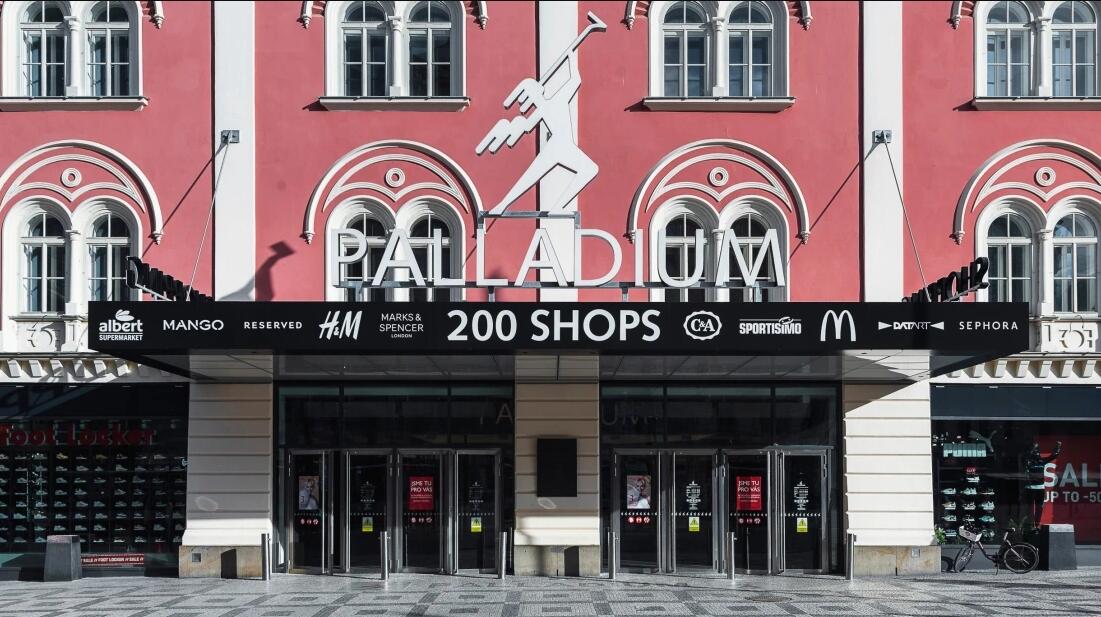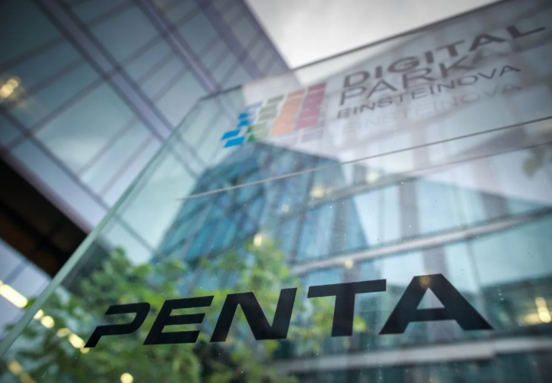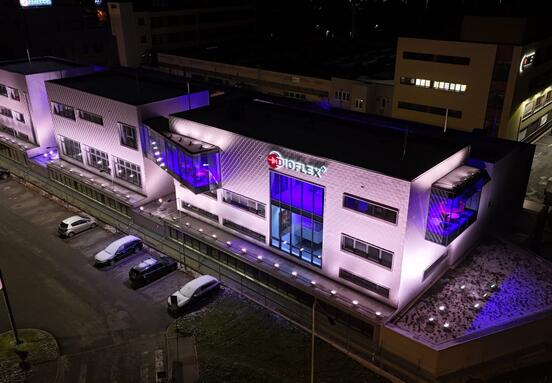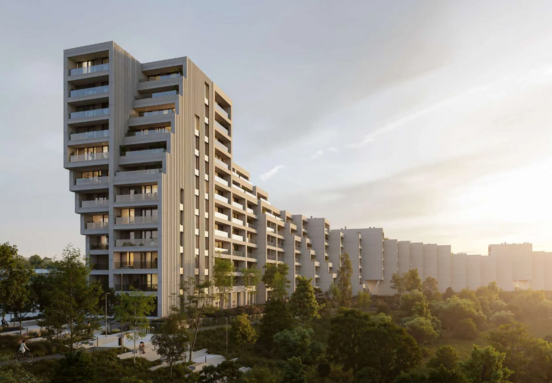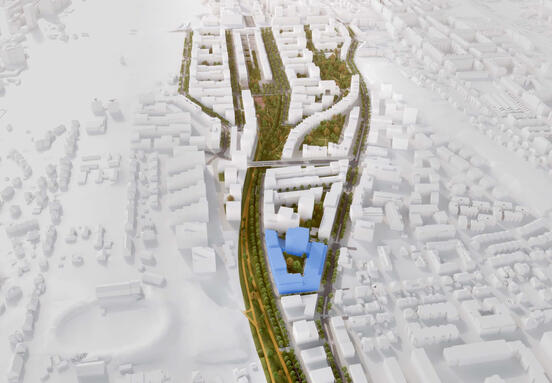The Czech commercial real estate sector is currently a hotbed of activity, with investment volumes anticipated to hit an astounding 3.9 billion euros (approximately 95 billion Czech crowns) this year. This figure marks the highest level in a decade, reflecting strong confidence from both sellers and buyers. The recent high-profile deal for the Palladium shopping center, valued at seventeen billion Czech crowns, exemplifies the scale and vitality of the market, transferring ownership from a German investment company to a Czech real estate fund.
Prague Leads the Charge: Unprecedented Transaction Volume
Prague, the nation's capital, is at the forefront of this surge. Properties worth an estimated two and a half billion euros are currently in various stages of sale within the city alone. This encompasses a wide array of commercial properties, including modern office buildings, versatile mixed-use developments, thriving hotels, and essential industrial and warehouse spaces. To put this into perspective, such a volume surpasses the total annual transactions for the entire Czech Republic in any single year over the past four years, where average annual values hovered around one and a half billion euros. This indicates a significant increase in available high-quality properties.
Why the Surge? Key Drivers Behind Market Confidence
Revitalized Sectors: Hotels and Offices Take Center Stage
The post-COVID era has seen a remarkable revitalization of certain commercial sectors. The hotel market, for instance, has fully recovered, with strong occupancy rates and growing revenue per room, making properties like the Hilton and Four Seasons highly sought after by investors. Similarly, the demand for office buildings is robust. The Czech Republic stands out in Europe for its high rate of employees returning to physical offices, which in turn instills investor confidence in the segment. Further bolstering the value and rental prospects of existing office spaces is the insufficient construction of new office buildings, creating a favorable market for landlords and stable conditions for tenants.
Favorable Financial Climate Spurs Investment
The broader financial landscape also plays a crucial role. Interest rates on savings accounts have significantly decreased over the last 18 months, now ranging between three and four percent. This shift prompts investors, including those in retail real estate funds and qualified investor funds, to seek higher returns elsewhere. Commercial real estate, with its potential for attractive appreciation over five-year or longer horizons, has become a primary target for these investors.
Strategic Exits and Pent-Up Demand for Sellers
On the selling side, several factors have converged to bring a large number of appealing properties to market. Many global funds operate with specific investment horizons, typically five to ten years, necessitating asset sales upon reaching these milestones. Furthermore, the limited trading activity during the preceding four years created pent-up demand. Once initial transactions began, demonstrating favorable pricing, many owners who had considered selling decided that 'now is the right time.'
The Rise of Domestic Investors: A Unique Market Dynamic
A striking trend in the current market is the exceptional activity of domestic Czech investors, who account for an impressive eighty percent of closed transactions this year. This dominance is a rarity in Europe and underscores the strength of the local market. Czech investors, managing primarily Czech capital, exhibit a preference for the local market, where they possess deep trust and comprehensive knowledge of the environment, locations, and tenants. This local expertise, coupled with foreign investors often factoring in a risk premium, makes domestic players highly competitive in terms of price.
Historically, it was believed that Czech investors had a ceiling for acquisitions, roughly around five hundred million euros. However, the Palladium deal, the most expensive standalone building sale, unequivocally demonstrates that Czech capital now commands the firepower for even the largest properties. Multiple domestic funds even vied for the shopping center. While Czech funds currently benefit from an inflow of investor capital, Western European funds have faced outflows in recent years and are still in recovery. Geopolitical factors, such as proximity to the conflict in Ukraine, initially played a role but are now largely marginal.
What This Means for Your Business: Stability and Opportunity
For businesses contemplating renting office, industrial, or warehouse space, these market dynamics present a confident and stable environment. The record investment and strong domestic activity signal robust long-term faith in the Czech economy and its commercial property sector. High return-to-office rates ensure sustained demand for quality office environments, while limited new construction means existing, well-located properties are likely to maintain or increase in value and rental rates. With a diverse range of properties from offices to logistics centers actively being traded, the market offers significant opportunities for businesses to secure strategic locations amidst a backdrop of strong investor confidence and stability.
Source: forbes.cz
